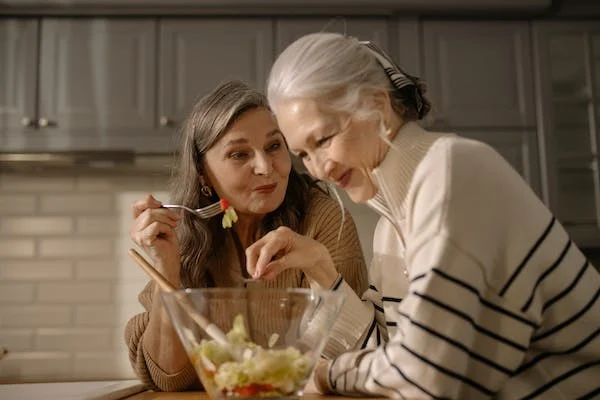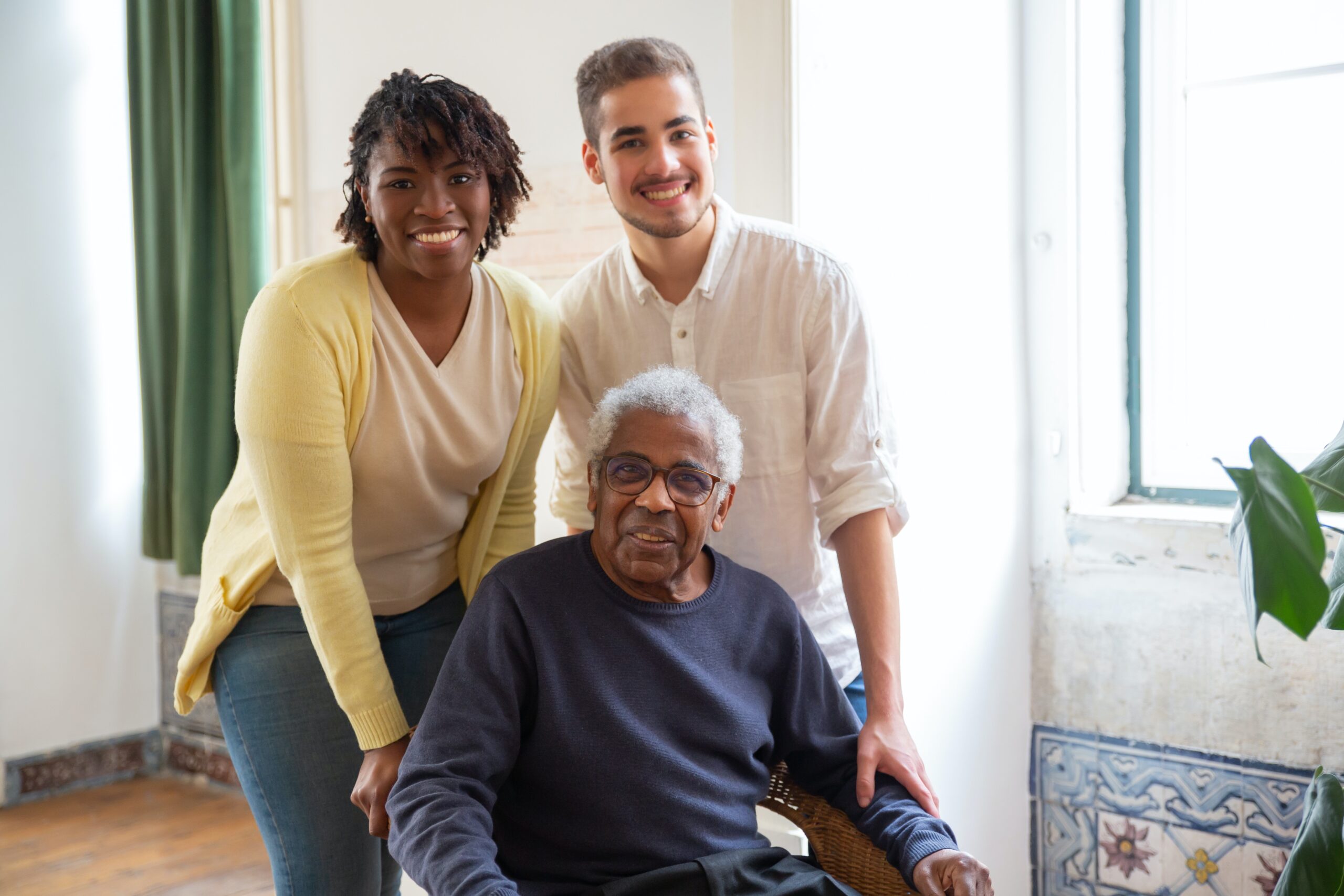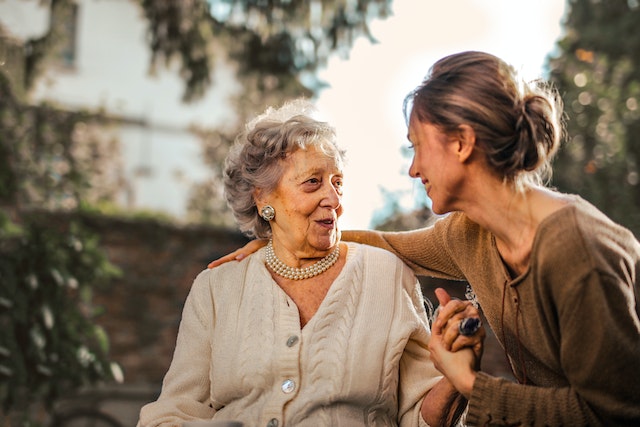Authored by Lilly Raye Photo courtesy of https://unsplash.com/photos/zlA7c39DfFk
Being aware of our health is a natural part of growing older. As we age, we’re more susceptible to joint, skin and heart conditions, due to the accumulation of molecular and cell damage over time. As a result, many seniors will need to change up their lifestyle and exercise routines to accommodate lower-impact activities.
However, there are some particular health conditions that seniors need to look out for. These aren’t just part of ‘getting old’, and should be discussed with your health practitioner, so they can be managed through diet and medical care. Here, we take a look at three you should be aware of.
Arthritis
There are many different forms of arthritis, including osteoarthritis, gout and rheumatoid arthritis, but they all lead to pain and inflammation in the joints, particularly the knees, hands, spine and hips. This can make it tricky to maintain movement, and leave seniors feeling unable to go out and enjoy activities with friends and family.
It’s vital that people with arthritis maintain a healthy diet. Not only will this help with weight maintenance, which reduces stress on the joints, but it can actually help manage some types of arthritis, such as gout. Eating foods with high levels of purines, such as red meat, organ meat and seafood can actually cause gout flare-ups. This is because they form uric acid as they break down, which then crystallizes in the blood.
Cataracts
Cataracts occur in the eye, when the lens develops a cloudy patch, obscuring your vision. They’re common in seniors, as the lens does start to go cloudy as we age. However, they can mean that you need medical help to decide if you need to make changes such as getting glasses, or having surgery to remove the cataract.
If you notice that you’re finding it harder to see in low light, your vision feels misty, colors look faded to you or you struggle with bright lights, it might be time to talk to your doctor or optician. Being able to see is an important part of independence, and keeping your regular routine, so any warning signs shouldn’t be dismissed.
Dementia
The Centers for Disease Control and Prevention estimate that by 2060, nearly 14 million adults aged 65 and above will be living with dementia. Many people believe that dementia is just a universal part of aging, but that’s not true. Whilst some memory loss is to be expected, this is more likely to be something like occasionally forgetting where the car keys are. In contrast, people with dementia struggle with language loss, forgetting old memories, and forgetting the names of their loved ones.
Most people with dementia are 65 or older, and those with family history of the disease are more at risk. High blood pressure, high cholesterol and smoking also increase risk, so it’s important for seniors to keep themselves fit and healthy. It’s also important to remain social to keep your brain active.
If you notice that you or a loved one are starting to struggle with memory loss or being able to complete tasks, then speak to a medical professional.
Supporting seniors
Prevention is the best way to ensure that seniors are able to live a happy, healthy life for as long as possible. A good diet, regular exercise and social interaction are all essential for mental and physical health.
However, some conditions will be triggered regardless, so keeping an eye out for any symptoms and speaking to a medical professional early will give them the best chance of tackling any issues.
Author bio: Lilly Raye
Lilly writes posts designed to help carers of senior citizens support them in living an independent, happy life. She believes that everyone has a right to tailored care.











